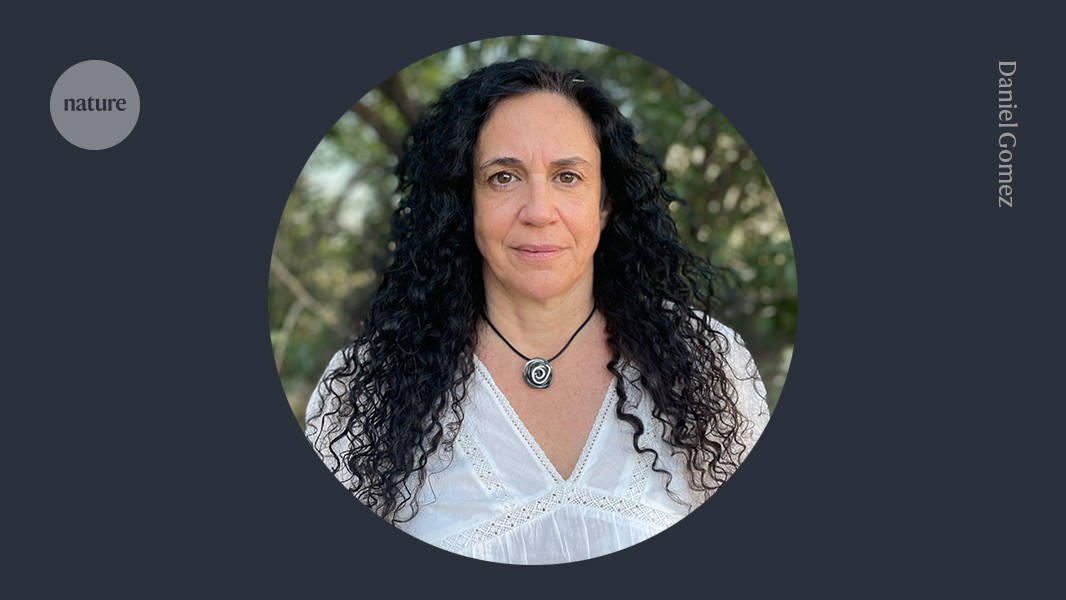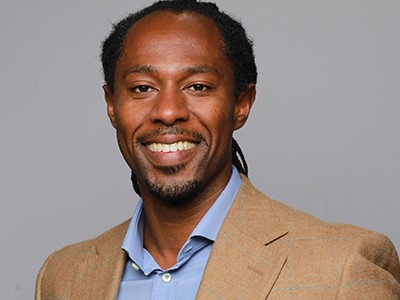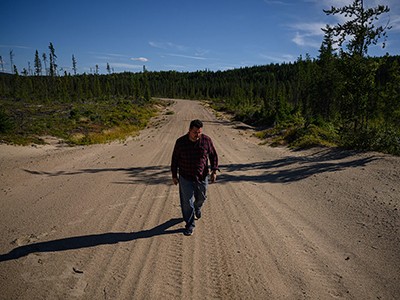For years, I thought equity in science was possible. I believed it in meeting rooms to which I had been invited to speak, until I realized that I had not been invited to shape the discussion. I believed it in working groups that applauded diversity, until I noticed that my ideas only landed when echoed by someone else. And international organizations regularly sought me out, but it was hardly ever for a leadership role.
Academia needs a more honest, scientific approach to DEI
In 2021, I proposed ways to build healthier collaborations between countries with unequal resources: currently they benefit mainly the wealthier partner (D. Armenteras Nature Ecol. Evol. 5, 1193–1194; 2021). The article resonated with scientists across Latin America, Africa and Asia, who thanked me for exposing these skewed partnerships. But what also stood out to me was that none of the committees and organizations that had so often solicited my input got in touch.
Many scholars from historically overexploited countries (often referred to as the global south) expected that exposing the problem would trigger change. Four years on, I see it clearly: the scientific system was never designed for equity. For people whose privilege stems from geography, institutional reputation and inherited networks, the system works perfectly the way it is. That’s why institutions focus only on improved access and optics. They look like they are changing, but the same people retain control.
I still believe in science and in justice. But I no longer think that power can be shared equitably in the current system. In 2023, I was invited to contribute to a global map charting the use of controlled fire in ecosystem management. This meant condensing 25 years of research into a 40-minute questionnaire for a chance to win an artwork made by an Indigenous artisan and, perhaps, be invited to a workshop. It was written in Spanish and framed as inclusive. But it exposed how the system works: extract specialist knowledge at low cost and mostly without giving credit, repackage it into global claims and call it collaboration. I declined.
Decolonize scientific institutions, don’t just diversify them
In 2025, I was invited to contribute to a project developing a global standard for gathering fire data. It used all the right words: co-production, inclusion and diversity. It cited my work. But I wasn’t being invited to co-design or co-lead the project, or even as a peer — only to “contribute regional input”. Time commitment: less than 20 hours. Visibility: none. Influence: symbolic. When I declined, explaining my reasons, I received two replies. One was defensive: “You know I’d never reach out with a symbolic request,” sidestepping my actual concerns. The other was polite, affirming the project’s importance but failing to address its asymmetry. Neither academic offered co-authorship or fresh terms. Nothing changed. These weren’t bad people. That’s the hardest part. They were playing by the rules of a system that rewards extractive collaboration — especially when it’s wrapped in the language of equity.
The system doesn’t thrive just because of the people at the top. It holds strong because many scientists in less-privileged positions want to be included. Sometimes we are chosen — not for our ideas or our leadership, but because we tick the right box. A woman from Latin America, visible and qualified. But we don’t become a peer. Our work is not cited as often. Our students become local guides instead of co-authors. Grants continue to be written without us.




